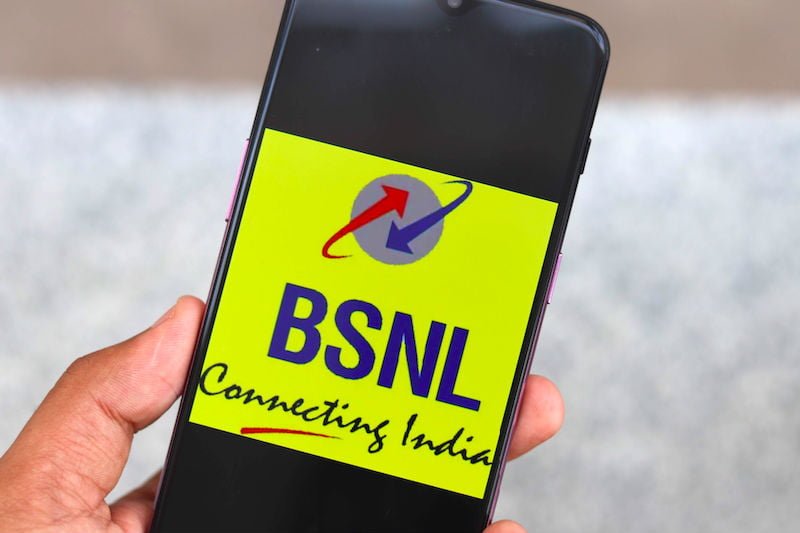BSNL Buried Neck-Deep Under Losses Purwar had said that the salaries would be cleared on August 5. “BSNL has already released the salary of employees, for which the funds have been transferred to the banks,” Purwar said on Monday. Distressed telecom PSUs Mahanagar Telephone Nigam Ltd (MTNL) and BSNL have been making losses and have faced challenges in clearing staff salaries in the recent past. The two PSUs had delayed payment of salaries for February until mid-March due to a financial crisis. BSNL had then said that it used its internal accruals to clear the pending wages. The Telecom Department is preparing a rescue plan for the two companies in the form of a revival package that entails components like voluntary retirement scheme, asset monetisation, and allocation of 4G spectrum. The revival plan of the two state-led telecom operators has been in the making for quite some time now. DoT is ideating on ways how BSNL and MTNL can be brought back on track. Some of the likely options that the government has opted for the same include an early VRS for BSNL employees. Also, the department might go down the path of land and asset monetisation thus liquidating the concerned holdings of BSNL which will bring in some much-needed cash for the telecom operator. Department of Telecommunications Working on BSNL Revival Plan The Telecom Department is also “working on” a proposal for merger of cash-strapped PSUs as part of efforts to revive the ailing state-owned telecom firms. BSNL’s loss is estimated to be around Rs 14,000 crore with a decline in revenue to Rs 19,308 crore during 2018-19. The public sector firm’s provisional loss was Rs 4,859 crore in 2015-16, Rs 4,793 crore in 2016-17, Rs 7,993 crore in 2017-18 and is estimated to swell to Rs 14,202 crore in 2018-19, according to information presented in Parliament. The number of employees of BSNL stands at 1,65,179, and the total employees’ cost is a staggering 75% of the total income of the company. Private players, on the other hand, have very low employee cost. Airtel has 20,000 workers, and the employees’ cost is 2.95% of the income while Vodafone with 9,883 employees has the cost pegged at 5.59%.
